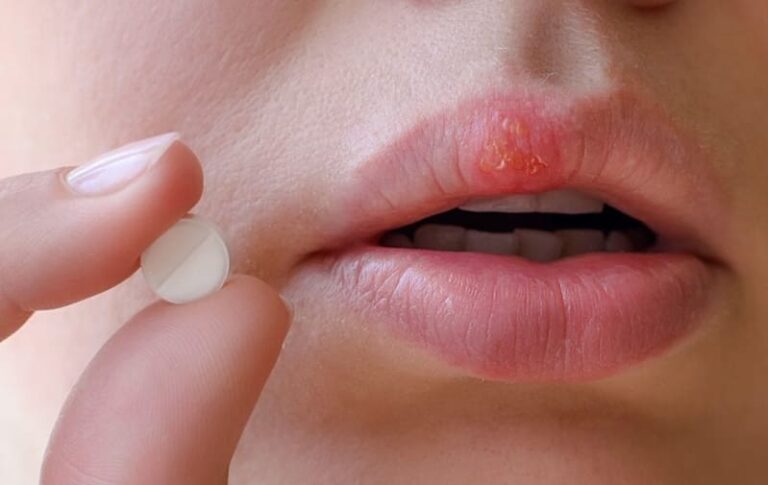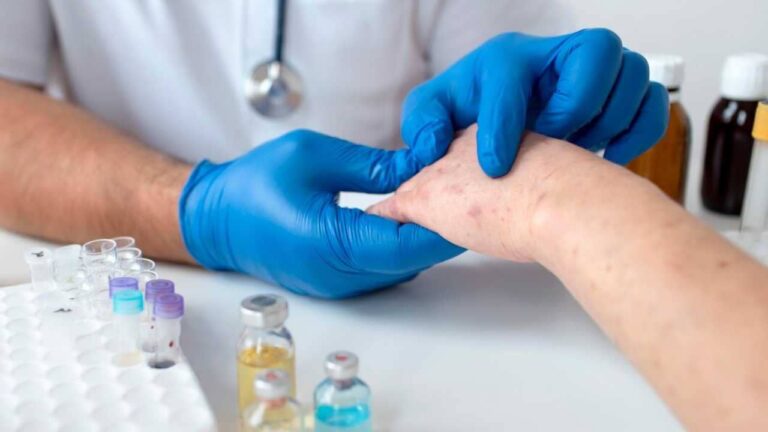The answer is yes, it is possible.
There are two types of herpes viruses: herpes simplex virus 1 (HSV-1) and herpes simplex virus 2 (HSV-2), and you can be infected with one or both types. HSV-1 is typically associated with oral herpes, which causes cold sores or fever blisters around the mouth and can occasionally cause genital herpes. HSV-2 is primarily associated with genital herpes, but it can also cause oral herpes.

Both types of herpes are highly contagious, and transmission can occur even when there are no visible symptoms. If you have herpes, it is important to understand that you can still be infected with the other type of herpes. For example, if you have genital herpes caused by HSV-2, you can still get oral herpes caused by HSV-1 through oral sex with someone who has an active cold sore.
Similarly, if you have oral herpes caused by HSV-1, you can still get genital herpes through oral sex with someone who has an active genital herpes outbreak. The risk of transmission can be reduced by taking precautions such as using condoms, avoiding sex during outbreaks, and taking antiviral medication as prescribed.
However, it is important to note that even with these precautions, there is still a risk of transmission. The risk of transmission is highest during an active outbreak when the virus is shedding and there are visible symptoms such as sores or blisters.
During an outbreak, it is recommended to avoid any sexual contact until the sores have healed completely. It is also important to avoid touching the sores, as this can spread the virus to other parts of the body. Even when there are no visible symptoms, the virus can still be present and transmitted.
This is known as asymptomatic shedding, and it occurs when the virus is active but there are no visible symptoms. Asymptomatic shedding can occur at any time, but it is most common during the first year after infection. If you have herpes, it is important to disclose your status to sexual partners before engaging in any sexual activity.
This can be a difficult conversation to have, but it is necessary to protect both yourself and your partner. It is important to be honest and upfront about your status and to answer any questions your partner may have.
It is also important to practice good self-care if you have herpes. This includes getting enough rest, managing stress, and avoiding triggers that can cause outbreaks such as excessive sun exposure, certain foods, and certain medications.
Taking antiviral medication and natural supplements as prescribed can also help to reduce the frequency and severity of outbreaks.
In conclusion, if you already have herpes, it is possible for someone else to transmit the virus to you. It is important to take precautions to reduce the risk of transmission and to disclose your status to sexual partners. With proper management and self-care, it is possible to live a healthy and fulfilling life with herpes.




